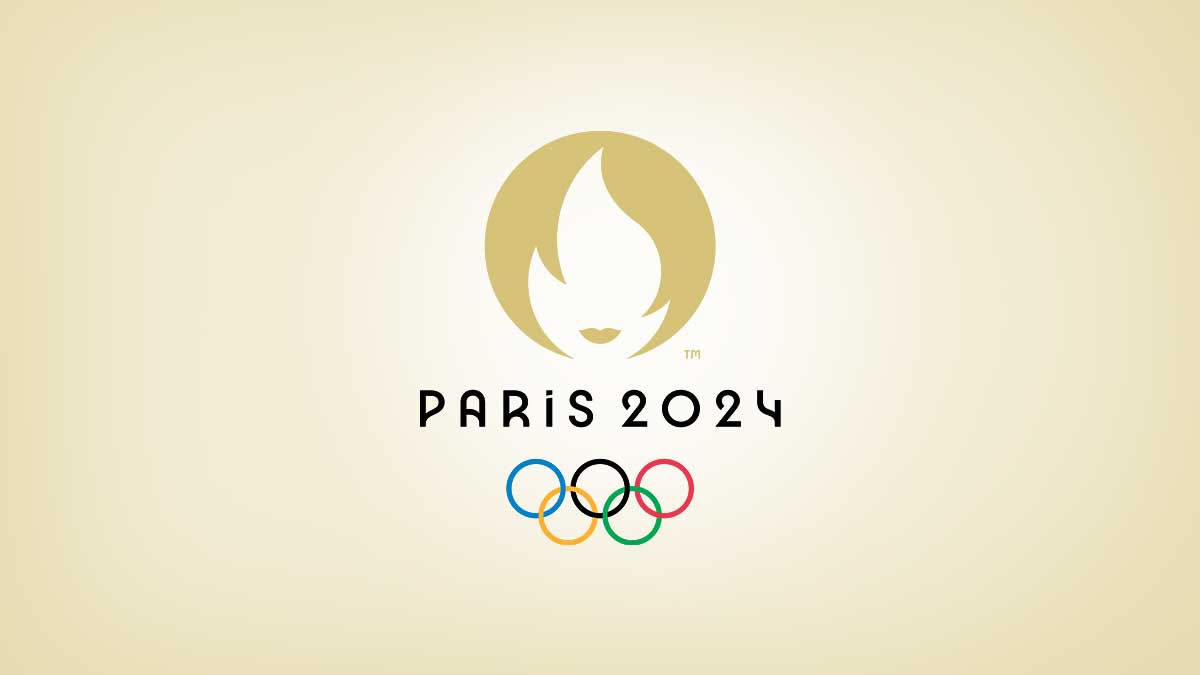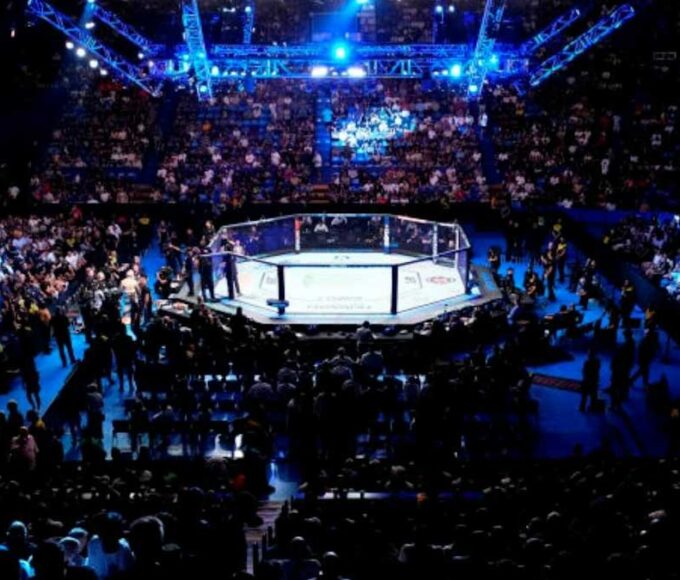- Home
- Billionaires
- Investing Newsletters
- 193CC 1000
- Article Layout 2
- Article Layout 3
- Article Layout 4
- Article Layout 5
- Article Layout 6
- Article Layout 7
- Article Layout 8
- Article Layout 9
- Article Layout 10
- Article Layout 11
- Article Layout 12
- Article Layout 13
- Article Layout 14
- Article Sidebar
- Post Format
- pages
- Archive Layouts
- Post Gallery
- Post Video Background
- Post Review
- Sponsored Post
- Leadership
- Business
- Money
- Small Business
- Innovation
- Shop
Recent Posts
World Athletics Offers $50K Prize for Paris Olympic Gold

World Athletics recently made headlines with its decision to introduce a $50,000 reward for athletes who clinch gold at the upcoming Paris Olympics. This move, a first of its kind, is set to reshape the way Olympians are rewarded, adding a new dimension to their financial incentives.
The $50,000 prize is part of a $2.4 million prize pool that World Athletics has created from its revenue share from the International Olympic Committee (IOC). This pool represents a significant shift from the traditional model, where athletes relied heavily on cash rewards from their respective countries. The decision to include relay teams in the reward scheme is a notable departure from past practices, reflecting a more inclusive approach to recognizing athletic achievement.
The disparity in rewards for Olympic success among different countries is highlighted by examples such as Singapore, which reportedly awards its gold medalists nearly 20 times more than the United States. Singapore paid out a taxable $737,000 to individual gold medalists at the most recent Olympics, showcasing a stark contrast in reward structures between nations.
Italy, another example, rewarded its gold medalists from the 2022 Winter Olympics in Beijing with a $201,000 bonus, totaling $2.7 million by the end of the event. In comparison, U.S. Olympians received $37,500 for securing a gold medal in Beijing, with the U.S. Olympic and Paralympic Committee providing the prize money. The committee also awards $22,500 for silver and $15,000 for bronze, according to the Associated Press.
However, not everyone has welcomed World Athletics’ decision with open arms. The Association of Summer Olympic International Federations issued a statement expressing its opposition, arguing that the move undermines the values of Olympism and neglects less privileged athletes lower down the final standings.
The evolution of Olympic participation adds an interesting context to these developments. Participation in the Olympics was once limited to amateur athletes, who were prohibited from receiving money or endorsements for their performances. This changed in the 1990s when amateurism was removed from the Olympic charter, paving the way for the inclusion of professional athletes. The 1992 U.S. Olympic men’s basketball team is often cited as the start of the Olympics’ professional era, featuring basketball legends such as Michael Jordan and Magic Johnson.
Despite the controversy, World Athletics President Sebastian Coe defended the decision, stating that they had informed the IOC shortly before the announcement. The IOC responded by emphasizing that each sport’s governing body has the autonomy to decide how to utilize their share of Olympic revenue, underscoring the complexity of financial arrangements within the Olympic movement.
Recent Posts
Categories
- 193 Countries Consortium Partner1
- 193cc Digital Assets2
- 5G1
- Aerospace & Defense48
- AI37
- Arts3
- Banking & Insurance11
- Big Data3
- Billionaires959
- Boats & Planes1
- Business332
- Careers13
- Cars & Bikes79
- CEO Network1
- CFO Network17
- CHRO Network1
- CIO Network1
- Cloud10
- CMO Network18
- Commercial Real Estate7
- Consultant1
- Consumer Tech194
- CxO1
- Cybersecurity73
- Dining1
- Diversity, Equity & Inclusion4
- Education7
- Energy8
- Enterprise Tech29
- Events11
- Fintech1
- Food & Drink2
- Franchises1
- Freelance1
- Future Of Work2
- Games149
- GIG1
- Healthcare79
- Hollywood & Entertainment203
- Houses1
- Innovation46
- Investing2
- Investing Newsletters4
- Leadership65
- Lifestyle11
- Manufacturing1
- Markets20
- Media195
- Mobile phone1
- Money13
- Personal Finance2
- Policy569
- Real Estate1
- Research6
- Retail1
- Retirement1
- Small Business1
- SportsMoney42
- Style & Beauty1
- Success Income1
- Taxes2
- Travel10
- Uncategorized12
- Vices1
- Watches & Jewelry2
- world's billionaires928
- Worlds Richest Self-Made Women10
Related Articles
Valheim: The Indie Phenomenon That Captured the Hearts of Gamers Worldwide
Since the early access release of Valheim, an indie Viking survival game...
By Worlds GamesJanuary 5, 2025Bungie Seeks Analyst for Marathon Ahead of 2025 Release
Bungie is gearing up for the release of its highly anticipated game,...
By 193cc Agency CouncilJanuary 1, 2025New Characters, Team-Ups, and Maps in Marvel Rivals Season 1
Season 1 of Marvel Rivals is fast approaching, bringing with it a...
By 193cc Agency CouncilDecember 31, 2024Alex Pereira Teases Surprise Fight at UFC 312, Fuels Speculation
UFC light heavyweight champion Alex Pereira has set the MMA world abuzz...
By 193cc Agency CouncilDecember 31, 2024







Leave a comment